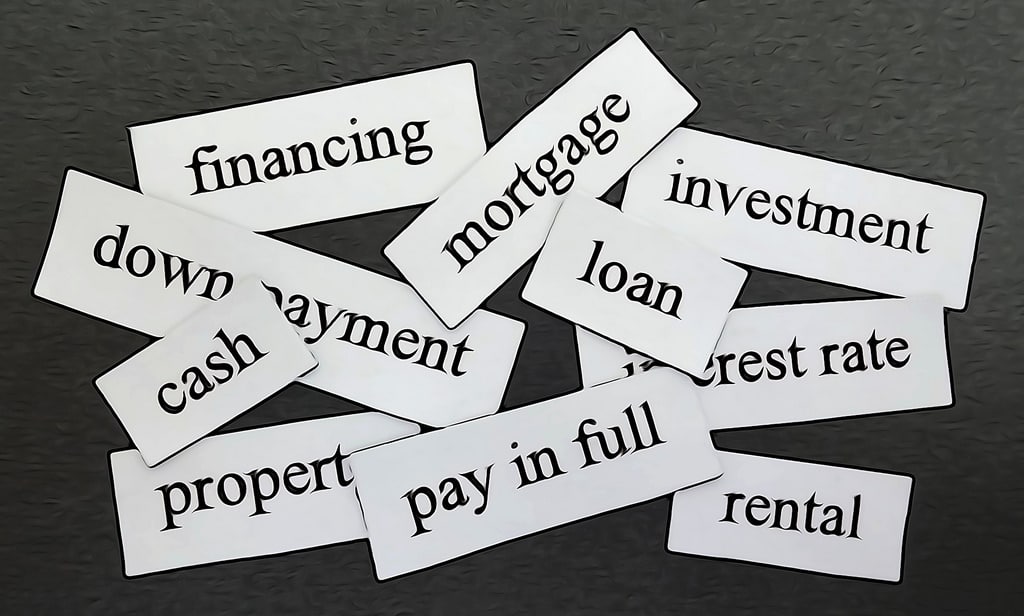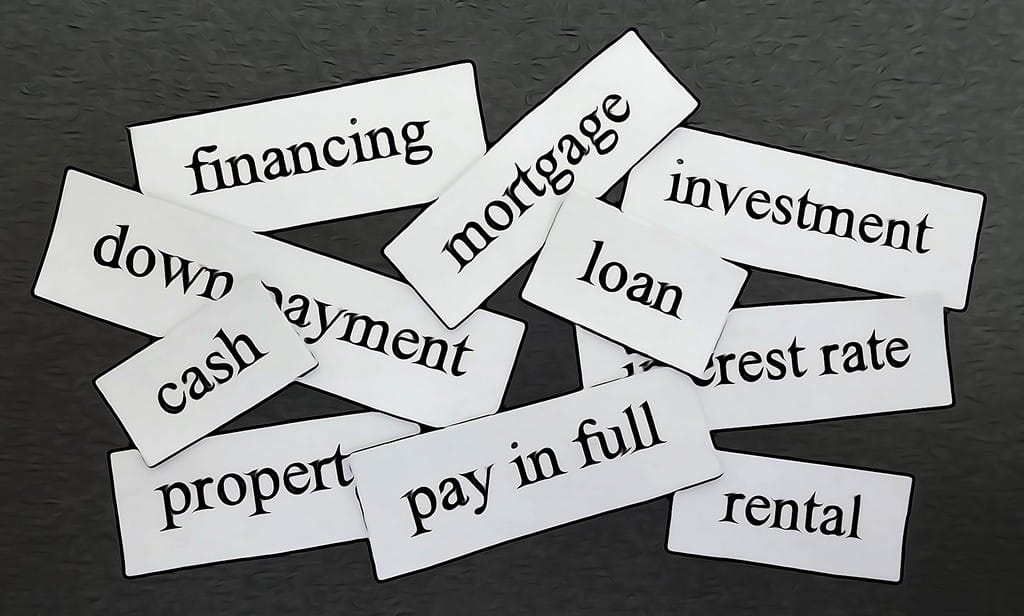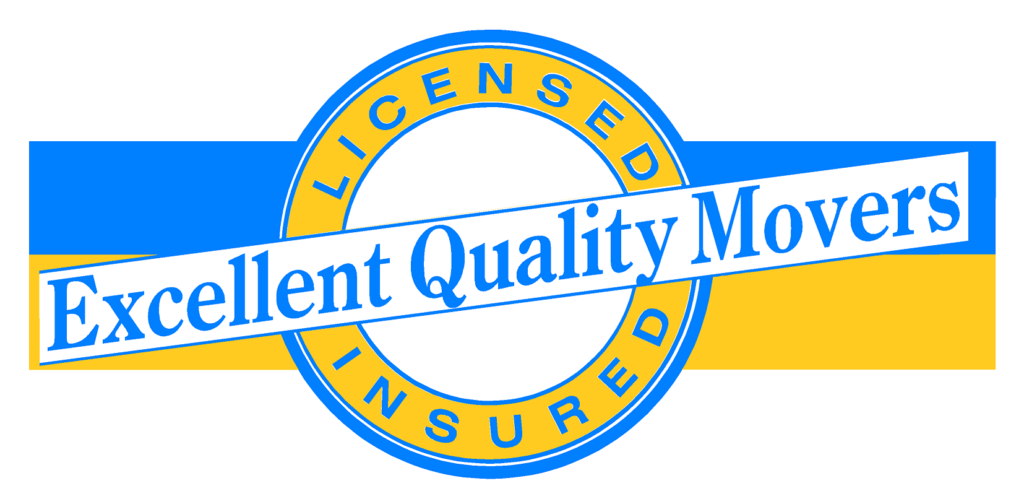How much mortgage can I afford? This is the question that New Yorkers trying to buy a new home frequently ask themselves. The mortgage you can afford depends on your annual income, target monthly payment, and the amount of down payment.

There are mortgage affordability calculators to help you determine the amount you can afford based on your financial data. The calculator evaluates the percentage of your monthly income as well as current debts, in order to know how much extra you will spend on the mortgage payment. The amount after the debt and taxes should cover your living expenses and saving goals. It is also good to have some extra cash for any unforeseen repairs and other financial emergencies.
The following key factors will help you understand how much mortgage you can afford.
Annual Income
Annual income is your income before taxes. It includes the salary, tips and bonuses, income from investments, alimony and child support, as well as rental income if you have one. You can also add social security payments and any other additional income. Your income definitely determines how much mortgage you can afford.
Monthly Debt
It is important not only how much you earn, but also how much you spend. You should know the amounts you spend on the categories mentioned below. Your monthly debts include minimum monthly credit card payments, car and student loans, and other financial liabilities, including alimony and child support payments. It does not include your current housing expenses, unless, of course, you own your current home and are going to keep the property.
Down Payment

Down payment is the amount you can pay for your new home before getting a loan. The higher your down payment is, the lower your loan and monthly mortgage payments will be. As a rule, down payments are required to be from 3 to 20 percent of the sale price in cash. It is necessary to have some cash left after the down payments so that you could cover any unforeseen repairs and other financial emergencies. You’d better have at least 1 to 3 percent of the property value to be ready to spend on house repairs and maintenance.
When your down payment is less than 20%, you will have to buy mortgage insurance. There are two types:
- Private mortgage insurance, also known as PMI, is paid to an insurance company. It protects the lender in case you default the loan. The insurance fee can vary from 0.3 to 1.5 percent of the mortgage amount per year
- FHA insurance is paid to the federal government.
As soon as the loan balance is 80 percent of the home’s values, you will be able to cancel the mortgage insurance premiums. In other words, when the loan-to-value ratio (LTV) drops to 78 percent your lender will be required to cancel PMI.
As for FHA-insured loans, they require paying mortgage insurance premiums as long as the loan lasts. FHA loans are mortgages insured by the Federal Housing Administration. Such loans attract people by low interest rates and more flexible requirements.
Debt-To-Income Ratio (DTI)
A debt income ratio is an extremely important factor for those looking for a loan. DTI is the percentage of your gross income that you spend on paying all your liabilities and housing expenses. In other words, your DTI is all your monthly debt payments divided by your gross monthly income. The ratio lets a bank know how much you can afford spending on the mortgage payment, so it plays a huge role.
The common minimal limit for DTI is 36% of the monthly income, but some banks allow it to be up to 43% for FHA loans. A perfect DTI is 20% or less. Have you already calculated yours? Here’s a simple example:
If your gross monthly income is $9,000 (which makes $108,000 of annual gross income), and monthly liabilities are $3,500, your DTI is 39% ($3,500/$9,000).
There are two main types of DTI:
Front-End Ratio includes interest, insurance and taxes.
Back-End Ratio includes your car or student loan, minimum credit card payments, and also your house payment. It’s good if your back-end ratio is 36 percent or less.
In case your percentage is too high, try not to panic. You should talk to your mortgage lender about the options you have. Since you are planning to apply for a mortgage beforehand, it’s good to lower your debts as much as possible.
Property Taxes
Amy mortgage calculator will ask you to fill in your estimated property taxes that every homeowner pays. The number will estimate the annual tax on homeowners’ property and also the tax amount is based on the home’s value.
Income Taxes
It is the annual tax imposed by the government on individuals.
Hazard Insurance

Also known as Homeowners Insurance, aimed at protecting a property owner against damage caused by severe storms, fires, lightning, earthquakes or other natural disasters. If some specific natural event is covered within the insurance policy, the property owner will get compensation for covering the cost of damage caused by the event.
Interest rate
Try to get as low interest rate as possible. By the way, if you have a good credit history, your interest rate is likely to be lower. In March, interest rates for a 30-year fixed mortgage were up to 3.9%.
Loan Term
You can pay off your loan within 15, 20 or 30 years. The faster you’re going to pay you mortgage off, the lower your interest rate will be.
Monthly Payment
Based on the data mentioned below, the calculator will give you the amount of your monthly mortgage payments. If it is too big, there are several ways to lower your monthly payment. You can either increase the term of the loan or decrease the size of the loan. You can also look for lower interest rates.
Cutting Expenses
Thinking about how much mortgage you can afford, don’t forget to take your lifestyle factors under consideration. How much do you spend on clothing and dining out? Maybe using public transport would be a better option now, when you have to pay off your mortgage? As soon as you cut some of your expenses, you will be able to spend more money on housing.
Financial Space
Don’t spend your every penny on monthly payments. Give yourself some financial room to breathe.
The described factors will determine how much mortgage you can afford. Find the best mortgage calculator, and fill in all the numbers.










